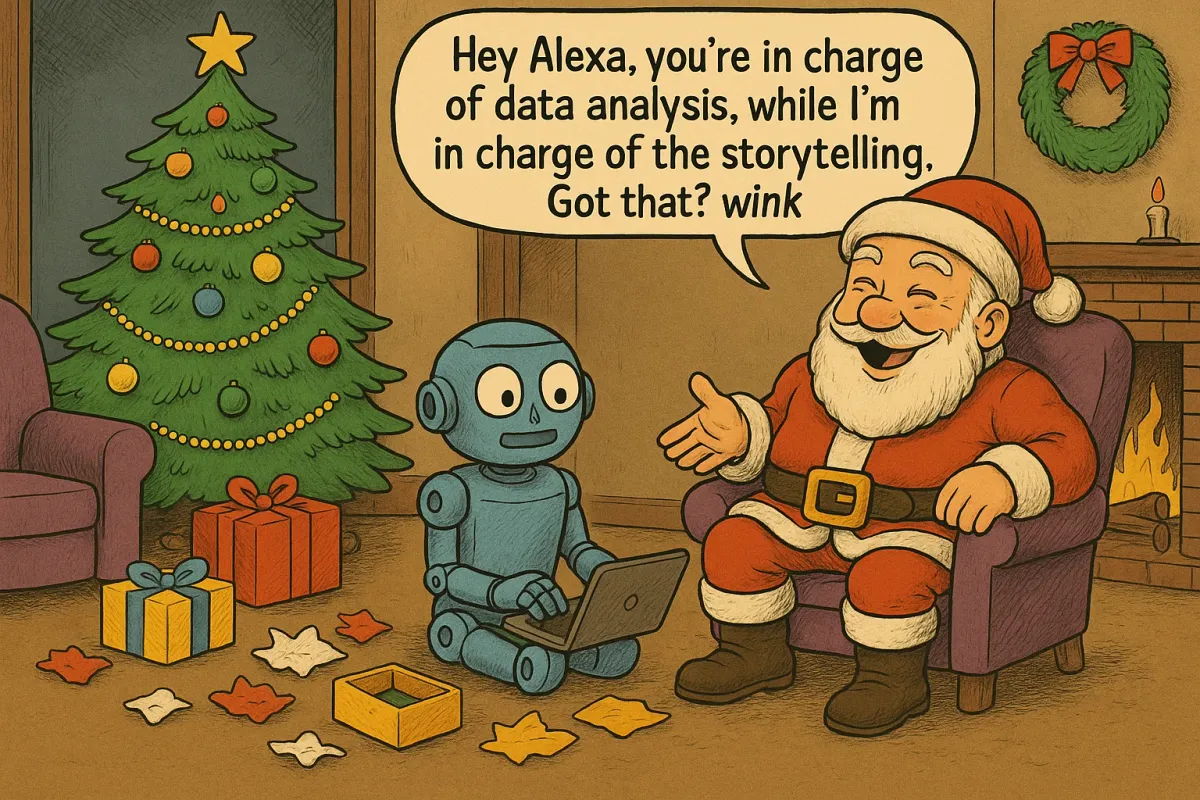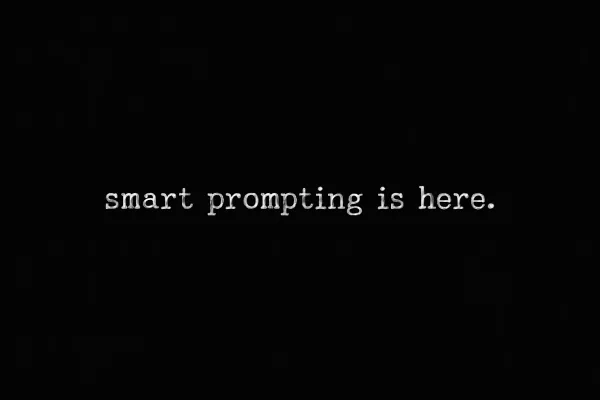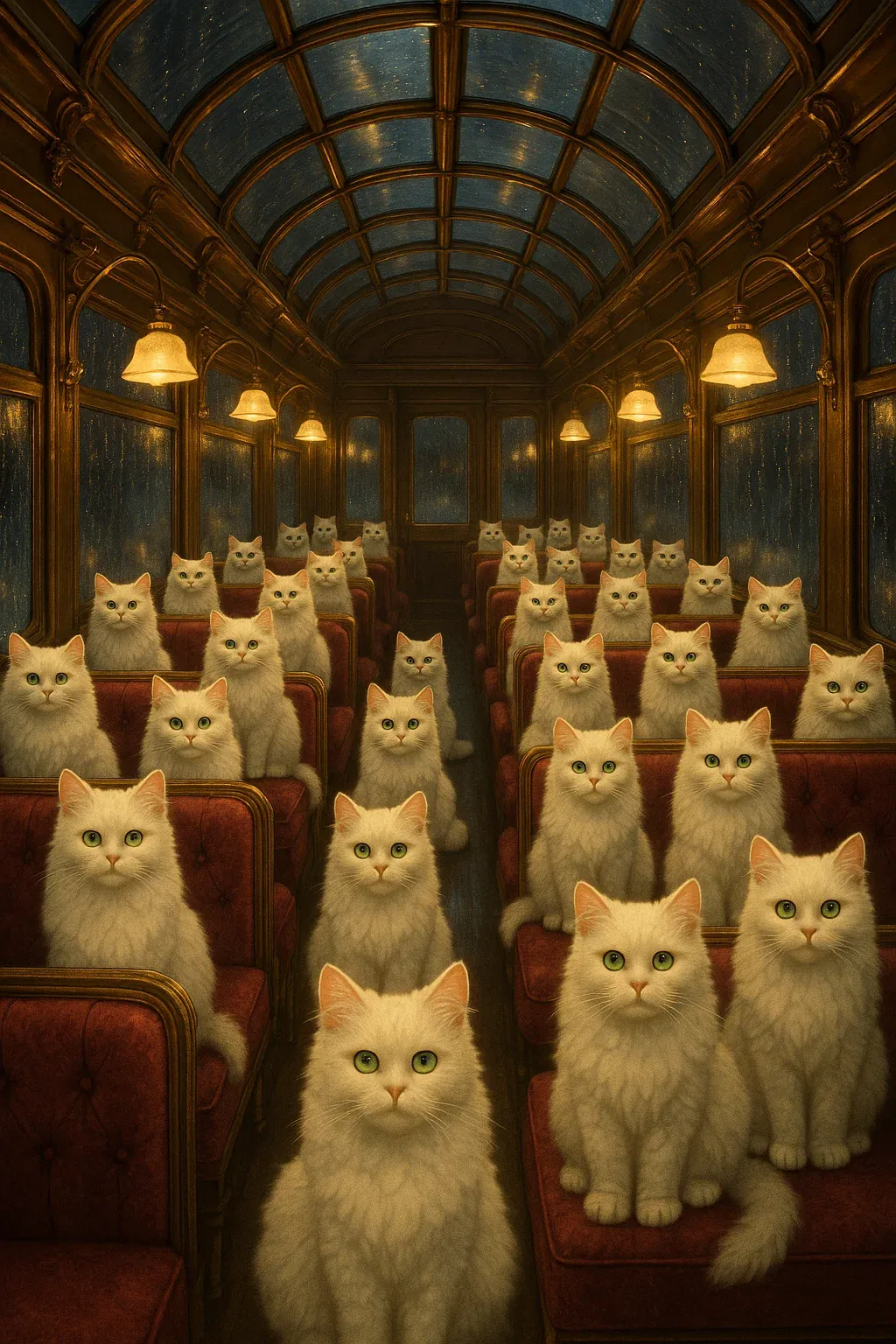Have you noticed it too? That quiet shift happening in marketing — where people are starting to roll their eyes at anything that feels too AI-generated?
It’s not just you.
There’s a growing Anti-AI movement bubbling up, and it’s coming for every “auto-written” caption, every “AI-crafted” campaign, every brand that sounds just like the next.
Well, we’ve hit peak automation fatigue.
Because if everyone’s using the same tools, same prompts, same models — then what’s left to make your brand stand out?
In 2026, marketers should be asking instead...
What tasks should you use AI for… and what should you protect with human creativity?
That’s the dilemma modern marketers are facing —
not whether to use AI, but when.
With help from AI for research — and me as the human behind the idea, strategy, and design — here’s what we mapped out together:
When to use AI in marketing
AI shines when the goal is speed, scale, and structure.
"Alexa", your AI agent, to-do list:
- data aggregation and analysis
- automating repetitive tasks
- personalization at scale
- advanced analytics
- campaign optimization
- content ideation and first drafts
- workflow automation
Use AI for mechanical tasks, data processing, and scalable execution.
When it comes to structure, let AI handle the heavy lifting — so you can stay focused on strategy and storytelling.
Steal this infographic and add to your team's slide

When to use your human creativity
AI still struggles with human judgment and creativity, which makes humans a big differentiator.
"Maria", the content specialist, to-do list:
- Brand strategy and positioning
- Creative storytelling, such as a LinkedIn post
- Building authentic relationships, such as community engagement
- Crisis communication
- Brand voice and tone
- Strategic decision-making
- Presentations & pitches
- Testimonials & case studies
- Legally or culturally sensitive content
Use humans for emotion, judgment, and brand integrity.
AI can generate words — but only people can create meaning.
Steal this infographic and add to your team's slide

The winning framework: Hybrid human-AI teamwork
According to NetLZ Consulting, a perfect hybrid model combines
- 70-80% AI automation for efficiency
- 20-30% human oversight for creativity, compliance, and brand alignment
How to create your hybrid model
Step 1: Assign clear roles
-> Take a look at our infographics above, based on my research, and steal it if you must!
Do you have a specific task that I forgot to include? Well, you can analyze it on your own using the 4-question test. ⬇️

Step 2: Establish review processes
-> Schedule the "human review" day to spot biases in AI's work. Remember that quality should be part of your branding, especially in the AI era.
Step 3: Build collaborative workflows
-> Don't work in silos with your AI assistant. Make sure your team is collaborating effectively with it, and be transparent with your internal team and customers about how you use AI.
Your frequently asked questions, answered.
When should I know how to use AI and when should I use my human instinct?
Just remember that AI is good at technical things such as data analysis, automation, and ideation; while humans are good at conveying emotions, storytelling, and creating relatable content.
If you're still lost, then try the 4-question test to identify which tasks should you delegate to your AI assistant.
Should I disclose to customers that AI was used?
Yes, transparency can be the next brand differentiator in 2026. Customers would like to build more trust before they buy, and they would like to know if the content they are consuming is AI made or not.
How do I know if I’m overusing AI?
Some signs include a 'generic brand voice' that sounds like competitors, customer complaints about impersonal messaging, and content that lacks emotional connection or feels robotic.
What’s the biggest AI mistake marketers make?
Using AI to fully automate brand strategy, authentic storytelling, or emotionally resonant communications—areas that require human creativity, empathy, and nuance.
Will AI replace marketing jobs?
No—AI won’t replace marketers, but those who know when NOT to use AI will replace those who don’t. Marketers skilled in strategic AI use gain a competitive edge, while others risk irrelevance.



